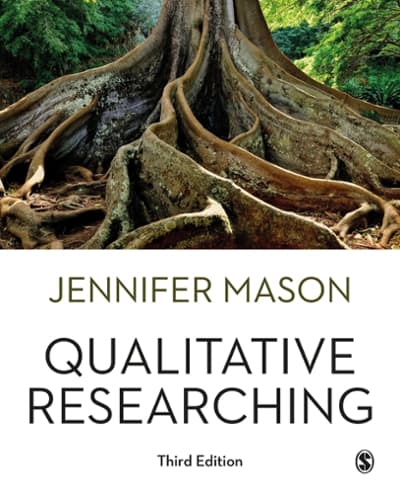Question
Ader & Cohen (1975) Paper Methods: Summarize the author's interpretation of these data (that is, the discussion of these data and what they mean from
Ader & Cohen (1975) Paper Methods:
Summarize the author's interpretation of these data (that is, the discussion of these data and what they mean from the authors point of view). Do you agree with this interpretation? Are there any other ways these data might be interpreted?
1. Subjects: The study involved laboratory rats as experimental subjects.
2.Conditioning Paradigm: The primary focus was on examining the relationship between classical conditioning and the immune system.
3.Group Assignment:
- Conditioned Group: Rats in this group were exposed to a saccharin-flavored water solution paired with the administration of a nausea-inducing drug Cytoxan.
- Control Group: A control group of rats was given saccharin-flavored water without any drug pairing.
4. Variables: Key variables included the conditioned stimulus (saccharin-flavored water), the unconditioned stimulus (Cytoxan) and immune response measures.
5. Conditioning Procedure:
- Conditioned Group: Rats in this group were repeatedly exposed to saccharin-flavored water followed by the administration of Cytoxan, inducing nausea. This pairing was designed to create an association between the taste and the drug's effects.
- Control Group: Rats in the control group received saccharin-flavored water without the Cytoxan treatment.
6. Immune Response Measurement:
- Immune responses were assessed by monitoring changes in antibody levels.
- Blood samples were collected from both groups to measure antibody production.
7. Data Analysis: Statistical analysis was performed to compare antibody levels between the conditioned and control groups.
8.Results:
- The study found that rats in the conditioned group exhibited altered immune responses.
- When exposed to saccharin-flavored water, which had been associated with cytoxan - induced , they showed changes in antibody production.
- This suggested that classical conditioning could influence immune function.
9.Conclusion: Ader & Cohen's paper concluded that psychological factors, such as conditioned responses, can have an impact on the immune system.
Step by Step Solution
There are 3 Steps involved in it
Step: 1

Get Instant Access to Expert-Tailored Solutions
See step-by-step solutions with expert insights and AI powered tools for academic success
Step: 2

Step: 3

Ace Your Homework with AI
Get the answers you need in no time with our AI-driven, step-by-step assistance
Get Started


